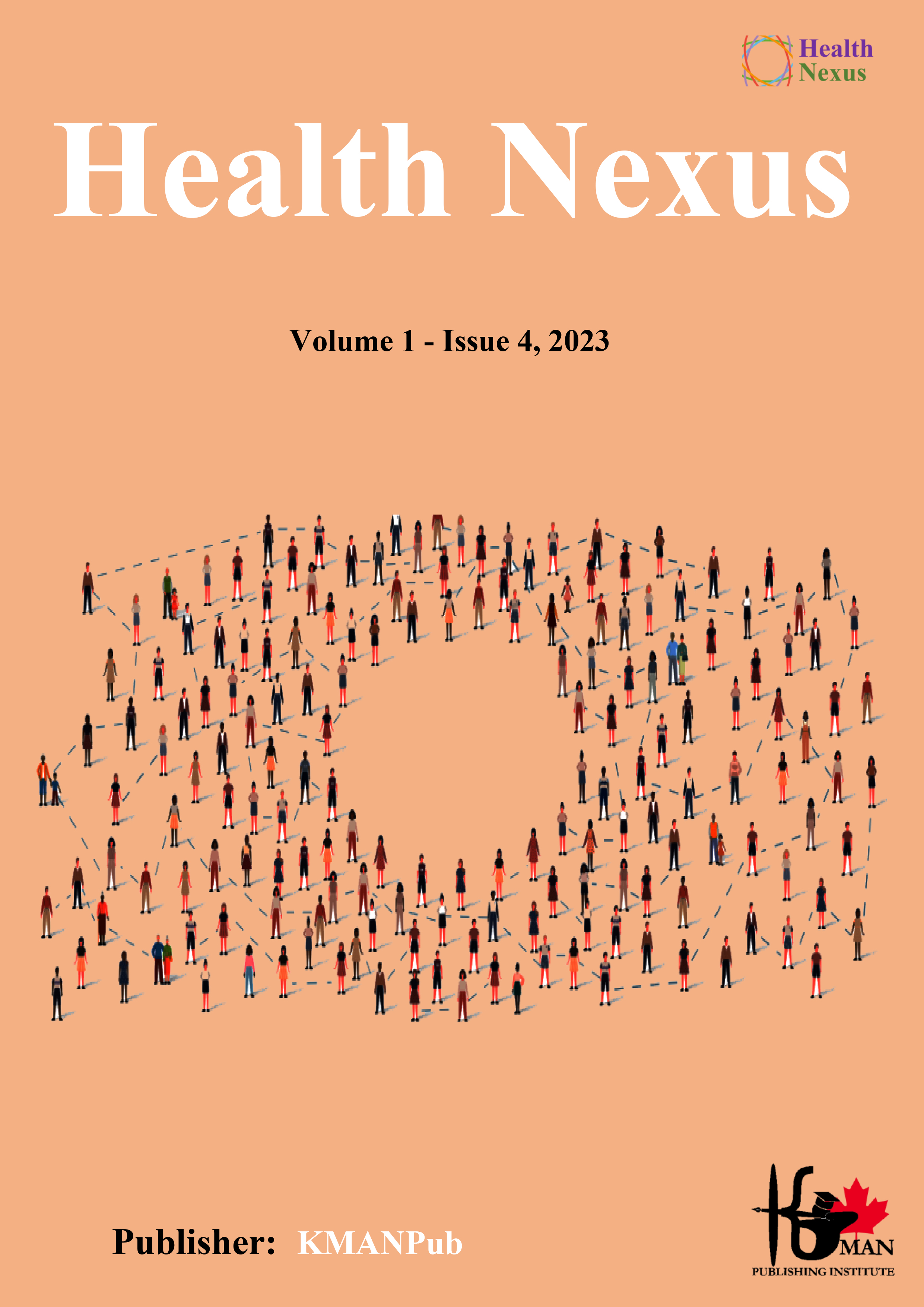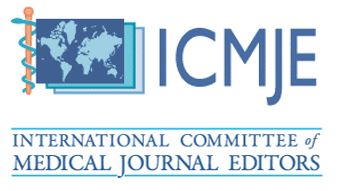Effectiveness of Acceptance and Commitment-Based Training in Reducing Psychological Distress and Increasing Social Adjustment in Sexually Abused Adolescent Girls
Keywords:
Sexual assault, Psychological distress, Social adjustment, Acceptance and Commitment Therapy, Adolescent girlsAbstract
Rape is a form of sexual violence that not only damages the body but also harms the psyche of the individual and the community. Considering this issue, there is evidence of sexually abused girls who require psychological interventions. The present study aimed to apply Acceptance and Commitment Therapy (ACT) in reducing psychological distress and increasing social adjustment in sexually abused adolescent girls. This study is applied in nature and employs a quasi-experimental design with a pre-test and post-test control group. The statistical population consisted of all adolescent girls who referred to the counseling center of the Department of Education in Tonekabon during the 2022-2023 academic year. The research sample included 12 adolescent girls selected through convenience sampling and randomly assigned to experimental and control groups. All participants completed the Kessler Psychological Distress Scale (Kessler et al., 2002) and the Weinberger Adjustment Inventory (Weinberger, 1961) in both pre-test and post-test phases. The experimental group received Acceptance and Commitment Therapy for eight sessions, once a week, over two months. After data collection, the data were analyzed using multivariate covariance analysis. The results showed a significant difference between the experimental and control groups in the post-test phase (P<0.01), indicating the effectiveness of Acceptance and Commitment Therapy in reducing psychological distress and increasing social adjustment in sexually abused adolescent girls. These findings suggest that ACT is effective in reducing psychological distress scores and increasing social adjustment among sexually abused adolescent girls.
Downloads
References
1. Angelakis I, Austin JL, Gooding P. Association of Childhood Maltreatment With Suicide Behaviors Among Young People: A Systematic Review and Meta-analysis. JAMA Network Open. 2020;3(8):e2012563-e.
2. Dubé V, Tremblay-Perreault A, Allard-Cobetto P, Hébert M. Alexithymia as a mediator between intimate partner violence and post-traumatic stress symptoms in mothers of children disclosing sexual abuse. Journal of Family Violence. 2023:1-9.
3. Gewirtz-Meydan A, Lassri, Dana. The role of self-compassion and relation satisfaction in the association between child sexual abuse and sexual functioning. The Journal of Sexual Medicine. 2023;20(5):661-70.
4. Trickett PK, Noll JG, Putnam FW. The impact of sexual abuse on female development: Lessons from a multigenerational, longitudinal research study. Development and Psychopathology. 2011;23(2):453-76.
5. Trickett PK, Noll JG, Putnam FW. The impact of sexual abuse on female development: lessons from a multigenerational, longitudinal research study. Dev Psychopathol. 2011;23(2):453-76.
6. Hayes SC, Strosahl KD, Wilson KG. Acceptance and commitment therapy: Guilford press New York; 1999.
7. A-Tjak JGL, Davis ML, Morina N, Powers MB, Smits JAJ, Emmelkamp PMG. A Meta-Analysis of the Efficacy of Acceptance and Commitment Therapy for Clinically Relevant Mental and Physical Health Problems. Psychotherapy and Psychosomatics. 2014;84(1):30-6.
8. Alizadeh P, Kooshki S, Tarvirdizadeh H. The Effectiveness of Acceptance and Commitment Therapy and on Pain Intensity, Childhood Trauma, Perfectionism and Psychological Flexibility in Patients with Chronic Pain. Journal of Assessment and Research in Applied Counseling (JARAC). 2023;5(2):123-36.
9. Gharadaghi A. Effectiveness of acceptance and commitment therapy (ACT) on symptoms of emotional PTSD in women affected by infidelity. Journal of Family Research. 2020;16(2):217-29.
10. Follette V, Pistorello J. Finding life beyond trauma: using acceptance and commitment therapy to heal from post-traumatic stress and trauma-related proble: New Harbinger Publications; 2007.
11. Feiring C, Simon VA, Cleland CM. Childhood sexual abuse, stigmatization, internalizing symptoms, and the development of sexual difficulties and dating aggression. Journal of Consulting and Clinical Psychology. 2009;77(1):127-37.
12. Gulliver A, Griffiths KM, Christensen H. Perceived barriers and facilitators to mental health help-seeking in young people: a systematic review. BMC Psychiatry. 2010;10(1):113.
13. Kowalik J, Weller J, Venter J, Drachman D. Cognitive behavioral therapy for the treatment of pediatric posttraumatic stress disorder: a review and meta-analysis. J Behav Ther Exp Psychiatry. 2011;42(3):405-13.
14. Bakhshi A, Normiq KN, Hossein Zahi H, Zare Tajabadi M. The Effectiveness of Spiritual therapy on psychological Hardiness and psychological Distress of Students. Islamic Lifestyle Centered on Health. 2023;7(2):359-66.
15. Kessler RC, Andrews G, Colpe LJ, Hiripi E, Mroczek DK, Normand SLT, et al. Short screening scales to monitor population prevalences and trends in non-specific psychological distress. Psychological Medicine. 2002;32(6):959-76.
16. Yaghobi H. Psychometric properties of the 10 questions Version of the Kessler Psychological Distress Scale (K-10). Journal of Applied Psychological Research. 2016;6(4):45-57.
17. Faghiharam B. The Relationship between Social Health and Social Networks using among Female Student's Parent. Iranian Journal of Educational Sociology. 2019;2(1):150-60.
18. Gloster A, Walder N, Levin M, Twohig M, Karekla M. The empirical status of acceptance and commitment therapy: A review of meta-analyses. Journal of Contextual Behavioral Science. 2020;18:181-92.
19. Levin ME, Potts S, Haeger J, Lillis J. Delivering Acceptance and Commitment Therapy for Weight Self-Stigma Through Guided Self-Help: Results From an Open Pilot Trial. Cognitive and Behavioral Practice. 2018;25(1):87-104.
20. Powers MB, Zum Vörde Sive Vörding MB, Emmelkamp PMG. Acceptance and Commitment Therapy: A Meta-Analytic Review. Psychotherapy and Psychosomatics. 2009;78(2):73-80.
21. Kashdan TB, Rottenberg J. Psychological flexibility as a fundamental aspect of health. Clinical Psychology Review. 2010;30(7):865-78.
Downloads
Additional Files
Published
Submitted
Revised
Accepted
License
Copyright (c) 2023 Pegah Nozari (Corresponding Author)

This work is licensed under a Creative Commons Attribution-NonCommercial 4.0 International License.


























